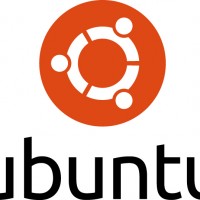Month: September 2014
-

How to protect your CentOS server from the Shellshock exploit
Shellshock is quite a serious security hole found a couple of days ago in Bash; to check whether your CentOS server is vulnerable run the following in a terminal: env VAR='() { :;}; echo Shellshock vulnerable!’ bash -c “echo Bash Testing” If your system is vulnerable, you will see: Shellshock vulnerable! Bash testing If it…
-
How to protect Debian from the Shellshock exploit
Shellshock is quite a serious security hole found a couple of days ago in Bash; to check whether your Debian server is vulnerable run the following in a terminal: env VAR='() { :;}; echo Shellshock vulnerable!‘ bash -c “echo Bash Testing” If your system is vulnerable, you will see: Shellshock vulnerable! Bash testing If it…
-

How to protect Ubuntu against the Shellshock exploit
Shellshock is quite a serious security hole found a couple of days ago in Bash; to check whether your Ubuntu server is vulnerable run the following in a terminal: env VAR='() { :;}; echo Shellshock vulnerable!‘ bash -c “echo Bash Testing” If your system is vulnerable, you will see: Shellshock vulnerable! Bash…
-
Debian: How to see what has recently been upgraded or updated through apt-get
Forgotten what it was you last updated, or want to check what someone else has been updating? There’s a log file for that, and it’s located at: /var/log/apt/history.log To view it, run: less /var/log/apt/history.log Looking for an older logfile? They’re kept, too. To see the other log files available, view the…